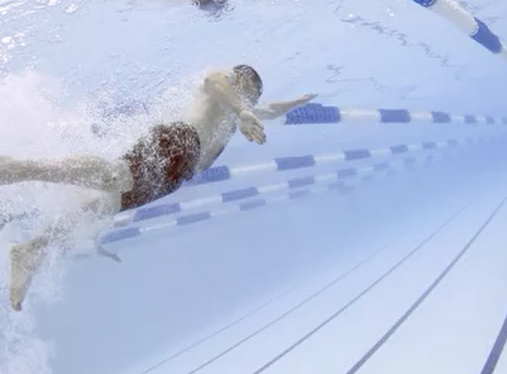This is Everyday Grammar. I'm Lucija.
欢迎收看《每日语法》栏目,我是露西佳。
And I'm Kaveh. Lucija, Because Of my ability to pick awesome Everyday Grammar topics,
我是卡维。露西佳,因为我有能力选好的《每日语法》话题,
I took it upon myself to choose today's topic as well.
于是我自己选了今天的话题。
Oh, you did, did you?
噢,你这样做了,不是吗?
Yes! Due To positive feedback from our viewers, I think I know what they want.
是的!由于观众的积极反馈,我想我知道他们想要什么了。
So I will be choosing a topic that will win quite a bit of attention.
所以我将选择一个能赢得很多关注的话题。

Because introduces an adverb clause and is followed by a subject and a verb.
Because引导状语从句,后面接主语和动词。
Because the weather was hot, we went to the pool.
因为天气太热,我们去游泳池游泳了。
Because Of and Due To are phrasal prepositions and are followed by a noun object.
Because Of和Due To都是介词短语,后面接名词宾语。
Because of the hot weather, we went to the pool.
因为炎热的天气,我们去游泳池游泳了。
Due to the hot weather, we went to the pool.
因为炎热的天气,我们去游泳池游泳了。
In more formal writing, Due To is sometimes followed by a noun clause introduced by "the fact that."
在更正式的写作中,Due To有时会接“the fact that”引导的名词性从句。
Due to the fact that the weather was hot, we went to the pool.
由于天气很热,我们去了游泳池。
Because Of and Due To can appear at different places in the sentence.
Because Of和Due To可以出现在句子的不同位置。
Because of the hot weather, we went to the pool.
由于天气很热,我们去了游泳池。
We went to the pool, because of the hot weather.
我们去了游泳池,因为天气太热了。
Due to the hot weather, we went to the pool.
由于天气很热,我们去了游泳池。
We went to the pool, due to the hot weather.
我们去了游泳池,因为天气太热了。
So you see, Because Of and Due To are quite easy to use.
所以你看,Because Of和Due To用起来很简单。
And that's Everyday Grammar.
以上就是今天的全部内容。












